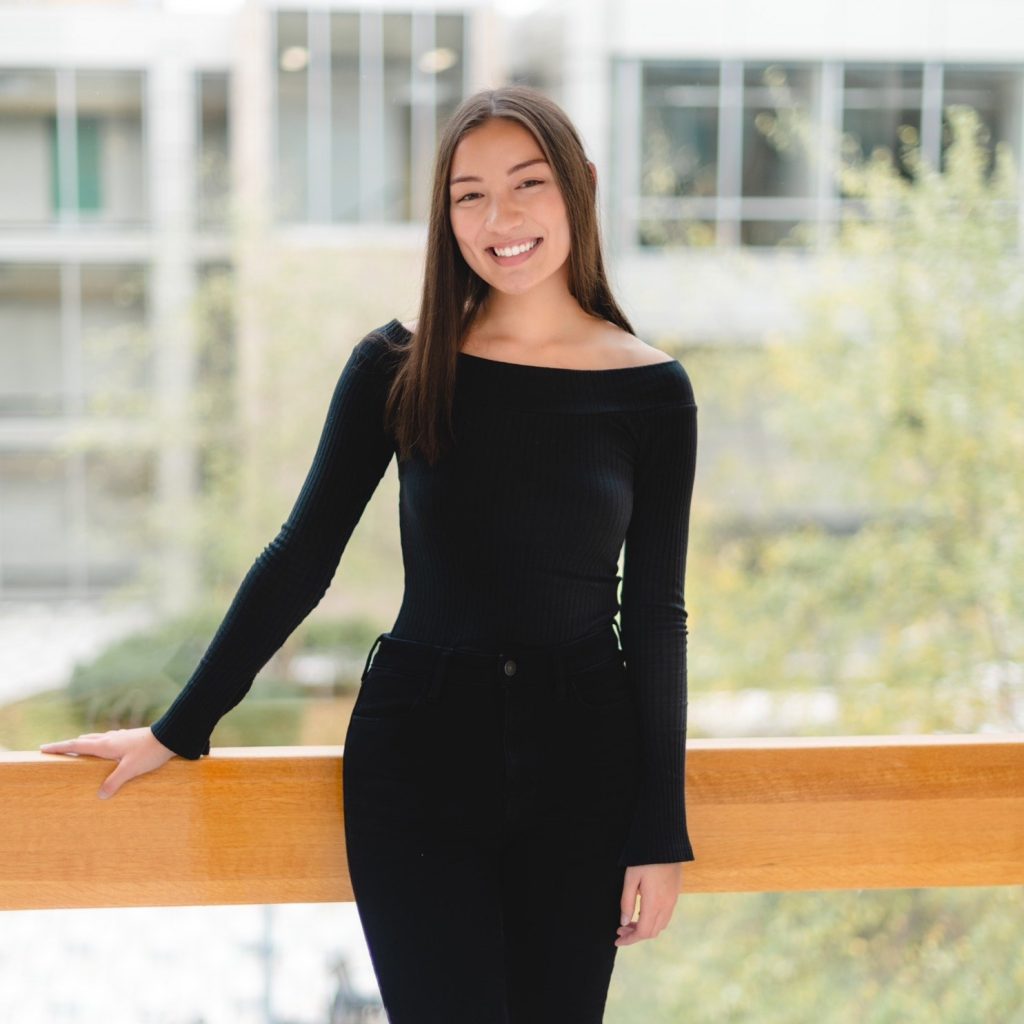Three weeks ago, I wrote about the horrific Atlanta shootings. In the weeks afterward, I received an outpouring of support from family, friends and professors, and I am so grateful for them all. I was so moved by the eloquent words of students and professors like me at the Binghamton Stop Asian Hate Rally on March 27, and I can only hope the momentum persists long after the COVID-19 pandemic and viral videos of Asian communities under attack.
Alongside the disturbing videos of violence, I recently saw a video of a Black content creator raising a question about the Stop Asian Hate movement. In the video, the creator inquires about the lack of a “Stop All Hate” response to the Stop Asian Hate movement. This is in comparison to the “All Lives Matter” response to multiple Black Lives Matter protests this past summer. Whereas the creator implies the varying responses to such movements have to do with the different forms of racism between Asian and Black movements, I believe it has more to do with the nature behind the movements.
The reason why the Stop Asian Hate movement does not merit such elicit responses as the Black Lives Matter movement is because Stop Asian American and Pacific Islander (AAPI) Hate does not outwardly target the root problem: the state. Black Lives Matter was founded as a direct response to police brutality and state-sanctioned violence toward Black people. The movement’s resurgence was a direct response to police officer Derek Chauvin murdering George Floyd. This is why we not only see “All Lives Matter,” but “Blue Lives Matter” as a rebuttal to Black Lives Matter protests.
On the other hand, Stop Asian Hate was founded as a direct response to hate crimes as a result of the coronavirus pandemic. Shootings, stabbings, curb-stomping, verbal harassment — it’s all individuals committing these so-called “isolated” attacks on Asian people throughout the nation. The difference between these two movements was even observable among the different chants at the rallies and protests I attended. At the Stop Asian Hate rally, we shouted things like “I am not a virus” or “silence is violence.” At Black Lives Matter protests, it was “I can’t breathe,” “hands up, don’t shoot” or “no justice, no peace, no racist police.” Of course, there were others, but these chants alone evoke very different images of their target audience.
Because of this difference, the Stop Asian Hate movement is often viewed more simplistically; if a person believes they are not actively committing a hate crime, they believe they are exempt. I can’t say strongly enough that this isn’t true. Anti-Asian violence stems from the same bastardized system as anti-Black violence — both are rooted in white supremacy. Though police brutality is a large part of state violence, so too are the exclusionary acts toward Asian immigrants I mentioned in my last column, sexual violence caused by U.S. militarism in East Asia and the economy’s reliance on exploitable Asian labor. All of these are led by the state — the state is simply able to better hide these acts of anti-Asian violence due to the model minority myth which insists Asians do not struggle as a result of racism in the United States.
Now, the creator’s video still has merit and I do not wish to discredit them completely. Varying reactions to these two movements may very likely stem from a more visceral presence of anti-Black racism than anti-Asian racism. There are definitely important, worthwhile conversations to be had about anti-Blackness within the Asian community. I am a firm believer that every non-Black person benefits from the pervasive anti-Blackness in our country, whether willingly or not. I am included in this and I wish to add to the conversation at hand.
The mischaracterization of anti-Asian racism needs to be addressed. I will continually work on being an active ally to the Black Lives Matter movement, and I can only hope they will do the same in return. Our struggles are unique but ultimately shared. For that reason, these movements call for unity.
I fear the momentum will be lost as the pandemic nears an end. When this pandemic ends, anti-Asian racism will not. The media may not share as many stories of the attacks we face and the model minority myth may persist. I ask all of you to assist me in ensuring otherwise by continuing to advocate for the Asian community when no one is around to watch.
Kaitlyn Liu is a junior majoring in English and is assistant Opinions editor.



